Monday, December 13, 2010
MORE STUDENT WORK WITH COMMENTS/EXCHANGES
Hi folks,
I thought I’d show again exchanges with one of my students on the novel she’s writing in our class. Not only is she a terrific writer, but she has a powerful story to tell and it’s one I feel confident is going to be published when finished. She’s been one of the best students I’ve ever had and I can’t wait until she’s finished to be able to introduce her to my agent and get this puppy on the shelves of B&N and Border’s. Most of us experience the same problems in our own writing, so I hope this might prove of value to at least a few of you.
What follows are some of the recent exchanges we went through for her novel over the last two weeks. My comments are in bold and hers in regular type. (I’m going to call her “Brenda” which isn’t her real name.) I’ll use parts of our exchanges from the past two weeks. I used her work before and received positive feedback from it--hope this helps some as well.
Here is a dialog portion of a scene of Brenda’s I commented on. This is an exchange between a Japanese WWII veteran (Takami) whom an American veteran (Jake) has just prevented from killing himself. It’s really well-written and would pass muster with most, but I felt it could be made even better as per my comments following this.
“Hai, it is true. A Japanese warrior must fight to the death to protect his country, his Emperor. It is Bushido, the way of the warrior. But I was captured. So now, I bear my dishonor forever. Whether or not it was my choice.”
He couldn’t believe what he was hearing. “Wow. That is really tough. But… how were you captured, anyway?”
Takami dropped his eyes to the table top again. He furrowed his brow, bit his lip. “I was a navy lieutenant in command of a picket boat. A converted fishing trawler, really. Crew of ten besides myself. We were on patrol off the coast of Japan—in these waters, in fact.
“We were on the lookout for American carriers. Headquarters had analyzed some radio traffic—we knew they were headed our way. But we weren’t sure of their exact plans.”
Takami looked up at Jake. “Well, I sighted them. I took the stairs two at a time to the radio room, ordered the operator to report to the fleet. Stood over him while he radioed it out. But… the Americans saw us, too. They came after us with everything they had.” He sat just a little straighter. “I’m proud to say it took them a while to sink us.
“First their fighters strafed us—a wave of Wildcats off one of the carriers. Then the dive bombers made passes at us. The seas were rough—we got tossed all ‘round—and my ship was small, so I guess we were hard to hit. Anyway, none of that stuff did any real damage. You know…” The corners of his lips and eyes lifted into something that was almost a smile. “I started to think the storm was some kind of divine wind sent to protect us.” He gave his head a slight shake. The wry smile disappeared. “But a cruiser opened up with her big guns. It was only a matter of time ‘til we took a hit.
“It was like the whole world exploded. I flew up off the deck. After that I remember nothing… Until I woke up on an American ship, in traction, concussion, third-degree burns, broken bones. Horyu.”
Les says:
Brenda, I think there’s a problem with Takami’s dialog is that it could just as easily be Jake’s. It doesn’t sound like a guy who’s been raised Japanese and probably learned English as a second language as an adult. Your police chief does and your other Japanese characters do, but not him. Other than an occasional Japanese word inserted into his dialog (Horyu, e.g.), his sentences just don’t sound like his character probably would. This is tough to do, I know. The danger is of giving him what I call “Tonto language.” It’s a term I came up with to describe those early screenwriters of Native American language, where they had them all saying stuff like “How” and speaking in telegram language where they leave out articles (i.e., the parts of speech like “the” and “an” and the like). Like: “Soaring eagle fly far overhead, near heap big mountain where Great Spirit lives.” This is better than that, most definitely (!), but I think it tips too far toward how any average American would talk rather than a Japanese. Also, I always wonder why when a foreigner in novels speaks English, he or she always finds it necessary to throw in a word from their native language occasionally. I don’t see Americans doing the same when they speak Spanish or French or Japanese, but invariably, in novels, foreigners all seem to have to need to do this. I’m being a bit facetious—I know why writers feel the need to do this—they feel it gives the speech the flavor of an ESL speaker, but it more gives the effect or contrived speech. It basically makes the reader aware that an author is at work, therefore interrupting the fictive dream.
Couple of things I’d consider here, Brenda. One, you’ve got him opening up to Jake immediately, telling him personal things within five minutes of meeting him it would be hard for a longshoreman to confess in a Catholic confessional. He has no sense of reticence whatsoever. He’s basically, “Chatty Charlie.” This has the feel of a contrived scene. A somewhat dramatized way of getting a worldview across. Almost like an Ayn Rand novel, where the author has a political agenda and assembles a wooden play to preach to the choir. I know I’m being harsh here, but the passages with Miyako come across so realistically, but the ones with Jake and now Takima come across as those “Ayn Randish” kind of scenes. The place where the preaching begins. Much of that stems from the fact that almost all that happens in the Jake scenes are conversations. I know there was this brief bit where Takima tries to kill himself, but that’s just a tiny part of the scene and then it just goes into this confessional, conversation stuff. It’s really thinly-disguised exposition delivering a big chunk of backstory. I think it’s a major flaw and think you need to rethink the Jake portions of the story. Character is revealed by action and not much at all by dialog, introspection, and other forms of exposition. And that’s what’s missing in the Jake scenes—action. Even the dialog scenes—both between Jake and his wife and now, Jake and Takima—lack much conflict. You improved the wife scenes a lot by giving her a bit of opposition, but there’s virtually none here.
Also, you’re trying to dole out too much here. I’d try to create a mosaic, rather than a slide show of complete scenes. What I mean by that is I think you sometimes lose track of the fact that you’ve got 350-400 pages to create a story in. Here, it seems as if you’re not developing characters and their relationships bit by bit, over time, but instead trying to deliver whole histories whole cloth.
Here, for instance, think about showing the scene where Jake saves him from suicide and end with them going into the dining room. Get out of the scene at that point. Later on, after we get more of Miyako, come back to them talking, but don’t have Takima unburden himself of all this so readily. Make Jake have to drag it out of him more. This should be a big relationship in the novel, and you’re trying to create that all in one big scene. Make sense? Instead of all this lengthy confessional stuff, maybe just have him give Jake a short, curt reply to why he tried to kill himself. “My shame.” That’s it. Don’t have him elaborate at that point. Have Jake begin to earn his trust before he gives more and have him pull it out of him, little by little. That’s also a way to create tension with the reader. If you have him deliver what should be an intensely personal story en toto to this stranger like he has, you lose any possible tension and not only that, you create a character who’s largely unlikeable. Who likes a person who wears his heart on his sleeve and blurts out all this stuff this quickly? Most people don’t. And, I'd think that one from his culture would be even more reticent. Also, he should be resentful of Jake for thwarting his mission, and, instead, he’s becoming his best friend in the space of a few minutes. See what I mean?
Later, in the remarks at the end of her submission for the week, I address this further:
Brenda, sorry to kind of unload on the Jake/Takami scene, but you’ve done so well until then, that I think you need to rethink how you’ve delivered that scene to make it as good as the rest of this. Just think “piece by piece” in the story structure and not deliver huge chunks of it like you are there. Lead up to Takami’s revelation instead of delivering it whole.
The story structure you’re employing in that scene reminds me of play structure. A drama where the playwright has to deliver big, start-to-finish scenes like that because of the type of audience he or she is writing for. If so, that’s a big mistake. Plays are examples of “cold media” while novels are “hot media” and the rules are vastly different.
If you (or others in class) aren’t familiar with the theory of hot and cold media, it comes from Canadian philosopher Marshall McLuhan. He’s the guy who gave us brilliant theories such as: “The media is the message.” His theory of hot and cold media is that a cold media employs more than one sense and therefore the audience is largely passive and not much thought or imagination is required to receive the experience successfully. Hot media are those which only employ one sense and therefore the audience’s active participation in the form of their imaginations is required.
Examples of cold media are TV, movies, and plays. There are at least two senses affected—sight and sound and, occasionally smell, as in the John Water’s movie, Polyester, and in some plays where odors are provided for various effects. That means the audience mostly has to just sit there and do nothing. There’s a valid reason why many feel that watching movies solely leads to the “dumbing down” of people. They just don’t do much with their minds when experiencing them. It’s kind of all done for them. One just sits in the theater and lets the experience wash over them passively. The brain is kind of put in neutral.
Hot medias are totally different. They require the audience to employ their minds and imagination, because only one physical sense is affected. Hot medias require active participants among the audience for it to be an effective experience. Examples are novels and radio. Only sight is used in novels and only sound is used with radio. It’s why Orson Welles’ War of the Worlds, when broadcast over radio, created mass chaos and suicides, which wouldn’t have happened if it had been a movie at the time or a TV show. People used their imaginations, which are infinitely more intense than seeing aliens on the big screen can effect. In fact, even though we can become affected emotionally during say a horror movie, because of the FX effects and the thirty-foot images, as soon as the credits roll and we walk out of the theater, it’s over. Until… that night, when we go to sleep. Then, our imaginations take over and we wake up that night in a cold sweat, experiencing an infinitely deeper dread than we did earlier at the Cineplex. Our imaginations are infinitely more creative than anything Dream Works can ever cook up.
All of this is just to show why you use the advantage of hot media when writing a novel. You become aware that the reader’s imagination is in play and use that to your benefit. That means that, unlike a play or a movie, you only create a skeleton and make the reader an active participant by having to provide the flesh. You don’t create scenes that explain everything. You create clues and hints and let the reader provide the rest. And, that’s what you’re not doing in the Jake/Takami scene. You’re providing everything and all in one fell swoop.
I’d urge every writer to read Marshall McLuan’s work. More than anything else, it shows clearly the difference between all the media and is a wonderful resource to learn how to write a novel that’s effective. He should be required in all writing courses, imo.
Hope this helps, Brenda! You’ve got a marvelous work going here. Just want to make sure you don’t misstep. Keep the overall picture in mind and don’t get lost in the trees!
Week 2. In the next week’s submission, Brenda said:
As usual, your comments last week were very insightful. I really was thinking about this more like a play, where you have only a fixed number of scenes to get all the key facts on the table. And you’re very right, Takami/Eiji becomes an important character in the story so I need to be thoughtful about where I take this relationship. I will have to give this some deep thought over break.
To which I replied:
Good. It just kept looking like a “play” mentality was taking over a bit. Plays, by necessity, pretty much have to be “dumbed down” structure-wise a bit to fit the dramatic parameters, but a novel is more fragmented, presented with bits and pieces, more like a mosaic. A novel is read at the audience’s leisure, giving the reader time to mull over and consider what’s going on, and parts can be gone over again, but a play is (usually) viewed once in “real time” and everything has to be visible and clear instantly or the audience is lost. And, a play is basically a “cold” media where more is provided the audience (sight and sound and sometimes even smell) and the audience is largely passive, receiving information. A novel is a “hot” media in that only one sense is affected (sight) and the audience has to bring their imaginations into play much more. It’s just more intellectual in nature, simply because of that. As long as the writer is aware of the differences and takes advantage of the advantages of each, she’ll be all right. But, it’s important not to use one framework for the other. Glad you see what was happening! With your (immense) talent, I’d expect you to nail this absolutely.
Brenda said:
I also agree that the Jake / Takami dialog scene was probably not very realistic the way I had written it, although it felt good at the time! Sigh.
Les said:
Just part of the deal. Writing is always rewriting. This is why almost all writing teachers advise the novelist, when finished, to put it in a drawer for at least a month before rewriting it. You’ll see the work for what it really is at that time, after some distance has been created.
Brenda said:
I have struggled with how to make my Japanese characters sound Japanese. I’ve had some comments from classmates on overly formal language I’ve given some of my characters (although I haven’t changed it). I’ve listened closely to Japanese business colleagues and it isn’t so much what they say, but the inflection and timing and tone in which they say it, that make them sound Japanese. So I’m not sure how to put that across on the page.
Les said:
It’s tough, but I have no doubt you’ll make it work. When I have trouble with a technique, I try to find writers who use that technique well. Here’s a “textbook” you might look at to see how a writer uses such a technique well—take a look at Andrew Klavan’s novel, Empire of Lies . In it, he has a major character who is obviously based on William Shatner. Look at how he portrays his speech to get ideas on how to portray Takimi’s speech. Now, I don’t mean to imply that Shatner speaks anything at all like Takimi, but just want to give you an example of how a different speech pattern can be shown by a skillful writer. You’ll notice he doesn’t do what Mark Twain did with his Jim character in Huckleberry Finn—using phonetic spellings to portray his speech (which isn’t done these days at all), but uses inflections, spacing of words as spoken, etc. Don’t misunderstand—not saying you should mimic what Klavan does but just see how he portrays one person’s speech, and that may give you ideas of how to do the same with Takimi’s, based on your observations of Japanese business colleagues. Delivery timing is an important component of effective dialog. It’s hard, but you’re just the person who can do it! Another good model of how to effectively use dialog patterns to define characters is virtually any Elmore Leonard work. There are lots of others, but these two come to mind at the moment.
. In it, he has a major character who is obviously based on William Shatner. Look at how he portrays his speech to get ideas on how to portray Takimi’s speech. Now, I don’t mean to imply that Shatner speaks anything at all like Takimi, but just want to give you an example of how a different speech pattern can be shown by a skillful writer. You’ll notice he doesn’t do what Mark Twain did with his Jim character in Huckleberry Finn—using phonetic spellings to portray his speech (which isn’t done these days at all), but uses inflections, spacing of words as spoken, etc. Don’t misunderstand—not saying you should mimic what Klavan does but just see how he portrays one person’s speech, and that may give you ideas of how to do the same with Takimi’s, based on your observations of Japanese business colleagues. Delivery timing is an important component of effective dialog. It’s hard, but you’re just the person who can do it! Another good model of how to effectively use dialog patterns to define characters is virtually any Elmore Leonard work. There are lots of others, but these two come to mind at the moment.
Brenda said:
The only comment you made I’m not sure I agreed with was this one:
The ones with Jake and now Takima come across as those “Ayn Rand” kind of scenes. The place where the preaching begins.
I’m not seeing Jake as preachy so far, but he is a missionary, and preach is something he will do. In fact my rewrite of the Takami dialog is probably more preachy, cuz I think that to be realistic, this is a case in which he would preach. And pray. I hope you won’t hate it—I took your advice otherwise.
Les said:
Not to worry! I’m not going to hate it at all! But, think hard about your character. Before he became a missionary, he was something else, right? For one thing, he was a member of a crew on a bomber. Which means he had a particular sensibility and way of thinking and talking, probably much like any other average person. Then, he becomes a missionary and all of a sudden he’s thinking and speaking in “missionary-speak?” See what I mean? To portray him this way delivers kind of a stereotype, I think. I suspect that anyone who undergoes the kind of conversion he has wouldn’t suddenly change his everyday language and speech patterns to reflect the layperson’s idea of what a minister says and how he thinks. Does this make sense? What I’d (gently) suggest is to give him the same language and thought patterns of anyone else, and from time to time, use his “minister” language, i.e. “preachiness.” But, just not continually. He’s a relatively newbie in terms of being a missionary, right? Which means I’d think his old patterns of thought and language used wouldn’t have yet had time to make a full transition into “minister-speak.” Has he, for instance, gone to college and majored in theology by this point? Four years of being in such a program might have reprogrammed him into this mode of thought and speech, but if he hadn’t, it probably wouldn’t have happened yet. He would also be a different type of speaker and thinker if he’d been raised in a minister’s family, where he’d spent his entire life in such a milieu and been expected to become a pastor. See the difference? A lot of how you portray him would depend on stuff like this.
Now, I know you said there is a true-life account of this man’s experience. And, in that (if he wrote it), the language used might be what I keep calling “minister-speak.” But, if so, I’d suspect that he wrote it as a minister, being fully aware of that role, and consciously used such language. That would be a natural thing for him to do as the author of such a work. But, the key to that is that he would “consciously” employ such language as the author, meaning it still wasn’t his “natural” language, but a more formal one he uses to write a book. To write his book as a kind of “animated” sermon or parable for a specific audience. I don’t know—just throwing possibilities out there for you to consider. Just keep in mind that you’re writing a novel and not a true-life account of your own life as he was. Big difference.
That’s why I used the Ayn Rand reference. Rand wrote novels that were too-obviously thinly-veiled polemics for her political point of view. (Actually, I personally happen to agree with many of her politics, but not her novel-writing techniques, which were really of poor quality.) Giving her characters long monologues in which they make impassioned speeches is a very bad novelistic technique. She gets away with it because in many instances she’s “preaching to the choir,” her audience largely being college sophomores and those who already believe in her tenets. And, she happened to write in a different era and it’s doubtful she’d get published today since they’re really poorly-written. Good literature, it ain’t. Any political or religious book like hers or Marx’s Glen Beck's or Rachel Maddox's or anyone with a particular view outside the main is going to sell books. That’s fine, but they’re just not good models for novel writers. And, that’s all I’m concerned with here. Make sense?
I just know that many readers get turned off when a character too much resembles a stereotype and that’s my fear with Jake. I think if you show him as just a regular guy in his thought processes and language patterns most of the time and only occasionally show him delivering sermon-like language and thoughts, you’ll make him a lot more likeable character. For instance, in the scenes with his wife, you might consider making him less of what the congregation might expect of a Billy Graham and more of a regular guy. I’ll bet even Billy didn’t think in terms of John the Baptist all the time, especially when he was in the sheets with Mrs. Graham… Make sense?
This from Brenda’s novel for the week, from the thoughts of her Japanese character who’s become a prostitute to survive:
Her life was a sham. The GIs’ gangling bodies. Their juices emptying into her. Faking her climax. Counting the money the instant they left.
Les said:
If she’s really a pro, she wouldn’t wait until they leave to count it but would count it before they even had sex. She would have learned this the first day on the job.) Are you aware that the most common sexual act prostitutes engage in is oral sex? Probably 10-1 to penetration. Especially street hookers. Doesn’t mean they don’t practice “regular” sex—they do—but by and large, b.j.’s are the biggest stock in trade. Lots of reasons for that. For one, oral sex is quicker and easier and infinitely more convenient as the girl doesn’t need much but an alley or the back seat of a car. Being quicker lets them make a lot more money as they are able to get back on the block a lot quicker for the next one. For “regular sex” a place is required, necessitating some kind of rent, which eats into the profit. And, a lot of johns are really ignorant about sex, feeling that oral sex won’t lead to venereal disease or AIDs—believe it or not, there are people that believe that. Lots of johns are on a fixed time frame as well—they’re getting sex on the way home and they don’t dare be too late. There are also those who want anal sex or other varieties and that’s pretty common. The reason a lot of johns look up prosties is to get stuff their wives won’t do (except with the pool man, which they neglect to tell their husbands…).
Another thing you might want to address, that in very few societies (including Japan) is it easy or even possible for a girl to freelance. There are those who do, but they’re relatively rare. I’d think she’d have to go through some s**t to be able to work without a pimp. It would really be dangerous for her if she didn’t have a guy to work for. She’d face problems with other girls who’d know she didn’t have protection, for one thing, and would be motivated to get rid of the competition since she doesn’t have anyone to protect her. It’s not some kind of cozy “girl’s club” out there, but a violent, extremely competitive milieu. She’d also have to be able to fend off those pimps who would try to force her to join their stable. She’d also have no protection from johns. She’d be without someone to bail her out when she got arrested, a big part of a pimp’s job. Not saying she’d have to have a pimp—there are those who don’t—but they’re relatively rare, especially in the case of a street hooker. Almost nonexistent and the ones who do operate that way usually do so because they’ve got some serious stones. She doesn’t seem to be that type. Also, her girlfriend didn’t seem to have one either, and while one hooker may be a freelancer, again, that’s a rarity, and two are really a rarity. In fact, so far we haven’t seen any pimps at all in her “working” scenes. If she’s working in a large Japanese city, surely the “bad hands” or yakuza would be in control and it’s virtually impossible to freelance. Think you need to address that and give a plausible reason for her not to have a pimp. Or, you might consider giving her one, which might add even more complexity to the story.
The above is a fairly typical exchange between a student and myself. We try to look at everything important that’s going on in the writing, from dialog to character realism and motivation and everything else that can make it better. What happens often is that writers create their characters from stereotypes they’ve assimilated from hundreds of (incorrect) movies and books and that means what we (readers) get are… stereotypes. And, worse… incorrect stereotypes.
As I think you can see by the small samples of the writing, “Brenda” is a terrific writer and without my comments would probably end up with a publishable book. What we’re both after isn’t simply a publishable book, but a great book. I can see already that she’s going to accomplish that. And, when it gets published, be assured I’m going to tell everybody here about it and urge you to buy it!
Hope this helps!
Blue skies,
Les
Subscribe to:
Post Comments (Atom)


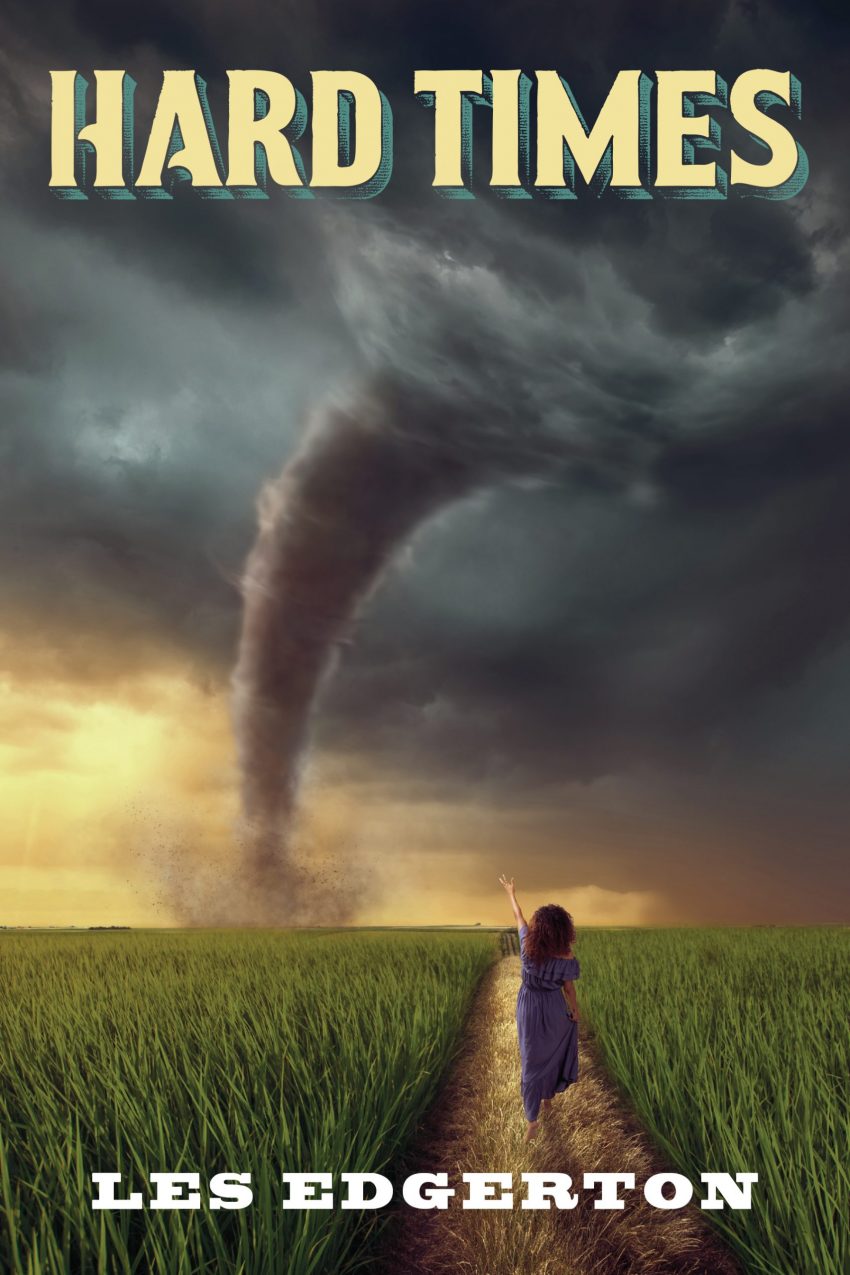
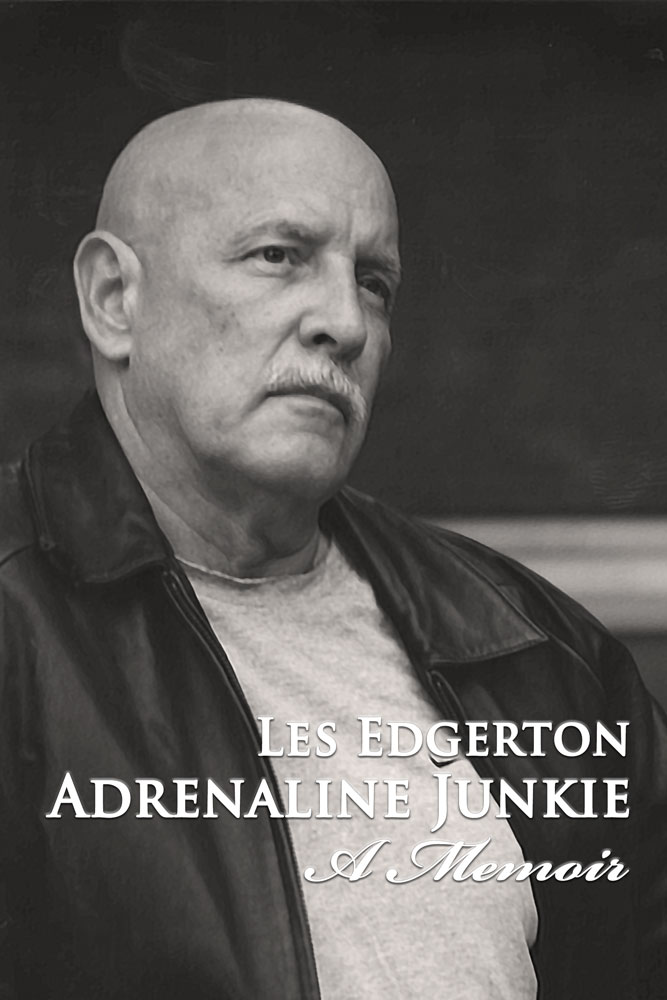
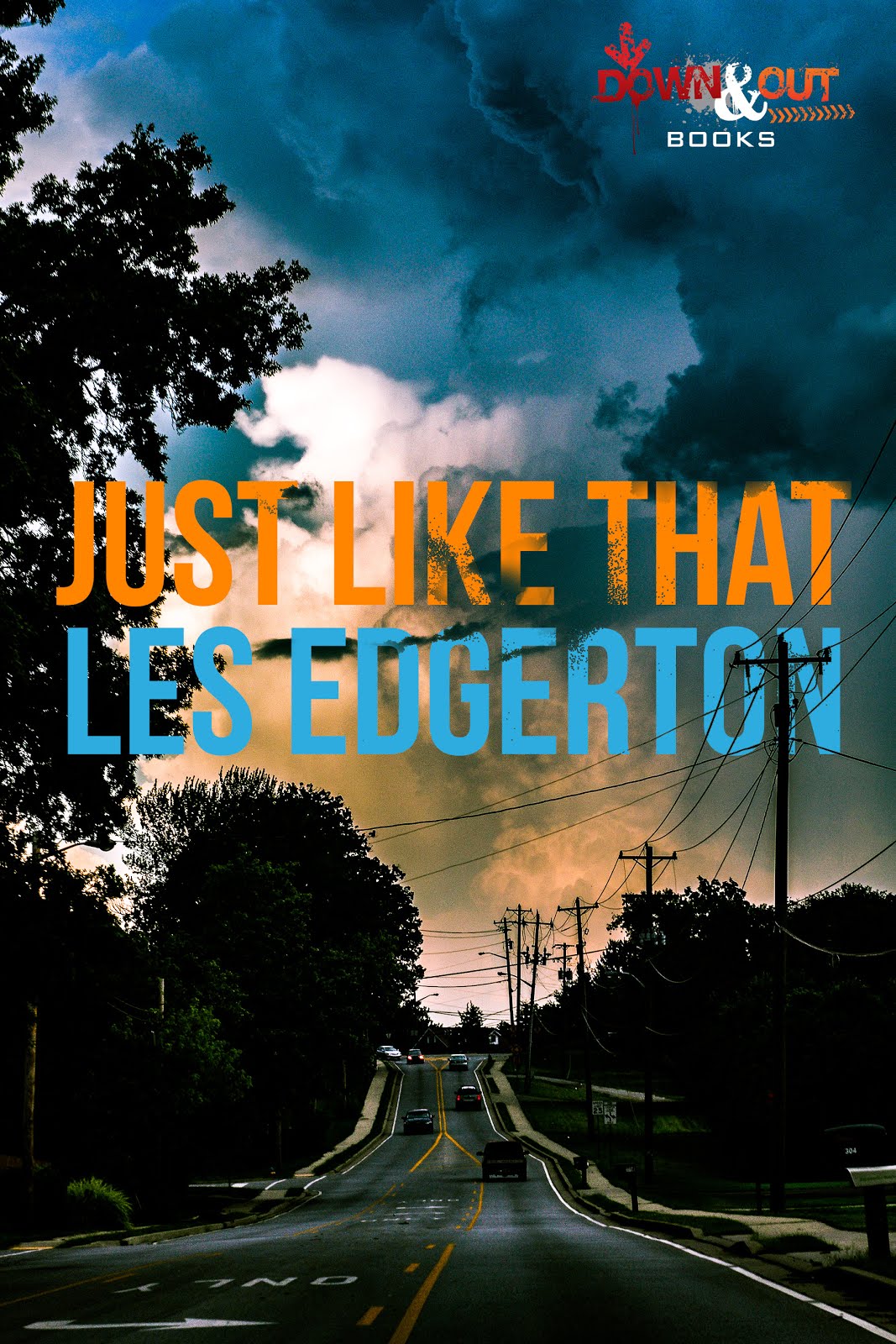

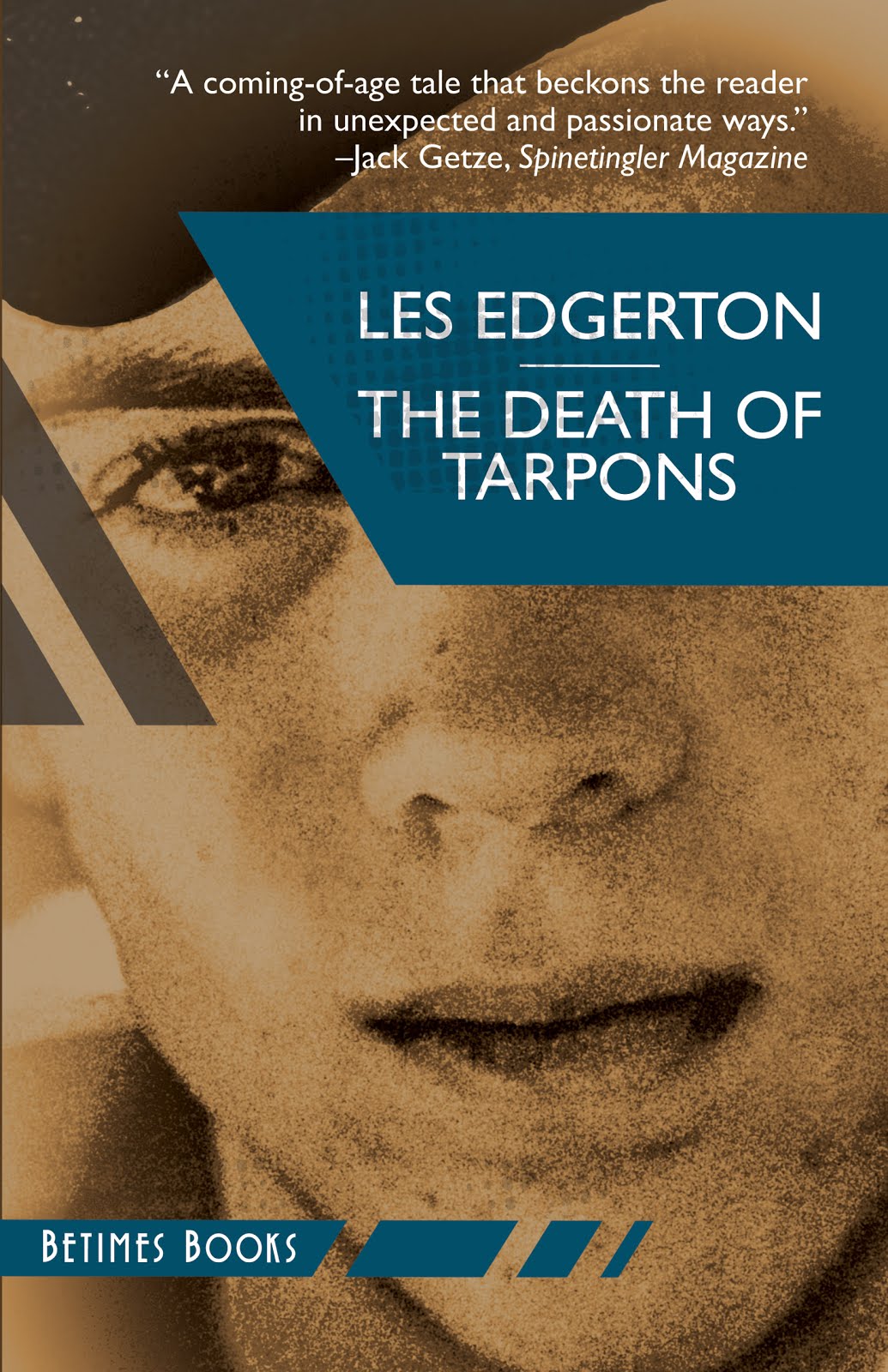

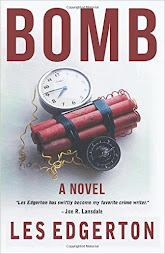
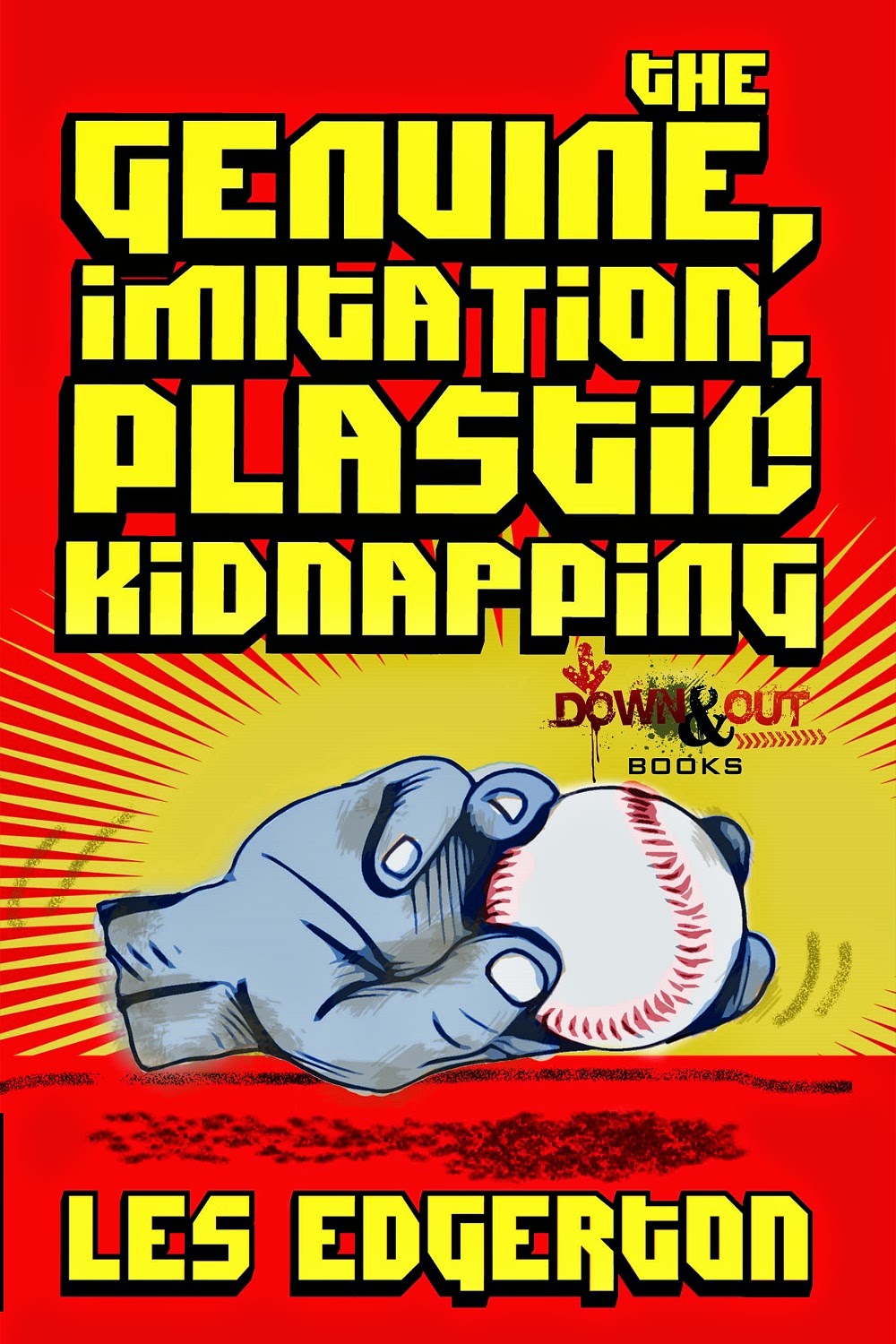

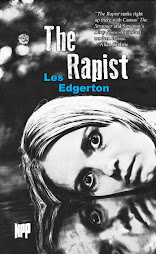
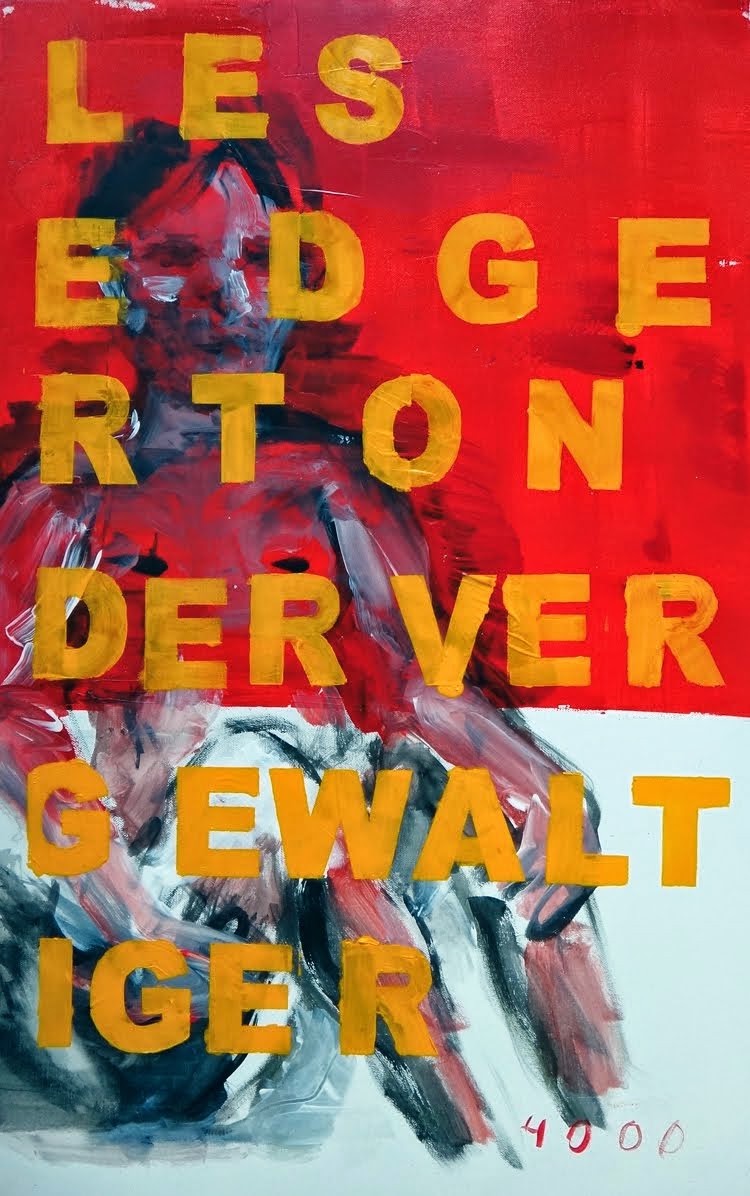
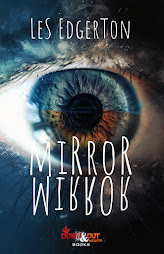
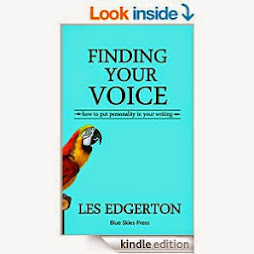
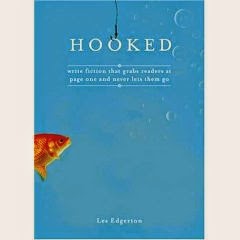

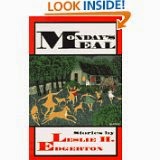
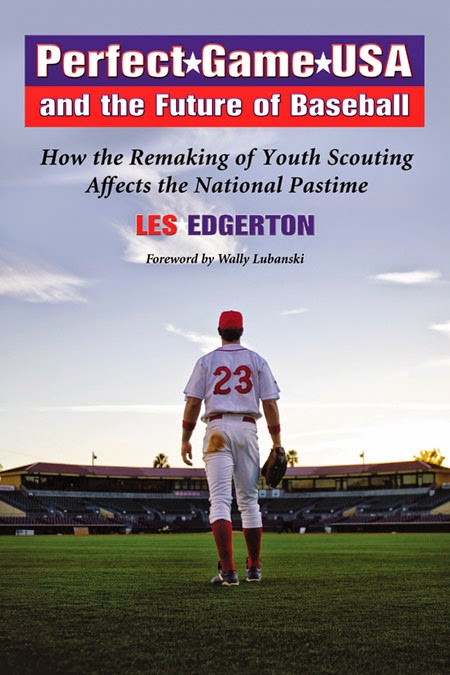
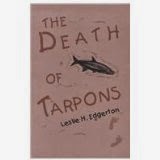







4 comments:
Thanks for another very informative post! I agree, Brenda is a very talented writer. I was especially interested in the parts about making Takami sound more Japanese. I've struggled with making characters sound authentic without using "Tonto Speak" as well. And you're so right, it's funny that authors will include a foreign word or two, but if I were speaking Spanish (which I don't very well, but I try), I'd never just insert an English word here and there - excellent point!
Wow, this is a helpful post for all of us writers. That excerpt was very well written by Brenda and I enjoyed reading the feedback. Dialogue is something I struggle with...especially when it involves making my characters distinct from one another.
Les, you are always so helpful in your posts. I agree with Susan that it was especially interesting to read your advice about authentic voice and dialogue. Dialogue is an area I always have to focus on in revisions. :-)
Thanks, folks! "Brenda" really is a talented writer and what she wrote was very good, but she wants it to be great and doesn't "settle" for good but wants much more. She always rewrites and it always is even better.
Susan, that's something that's always struck me--a writer sticking in a foreign word or two when speaking English. It just sticks out as an obvious ploy to make it look "authentic" and it does the opposite--just makes it stick out.
Dialog is tough, tough stuff, and like Saumya notes, the hard thing is to make characters different-sounding.
And, Shannon, that's where I do my best also--in rewrites.
Glad y'all liked this.
Post a Comment